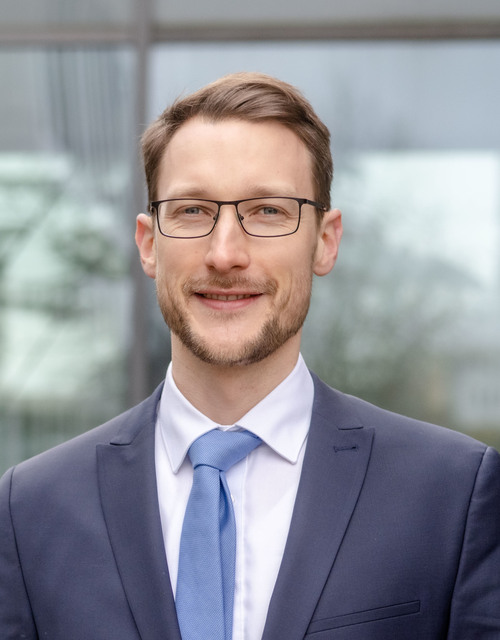International Graduate School of Neuroscience

Prof. Dr. Simon Faissner
Neurologische Universitätsklinik, St. Josef Hospital
Medical Faculty
Gudrunstr. 56, 44791 Bochum
Orcid: 0000-0002-3412-762X

Research Interests
Multiple sclerosis (MS) is a chronic inflammatory and neurodegenerative disease of the central nervous system (CNS) characterized by immune-mediated demyelination, axonal damage, and progressive neurodegeneration. The disease typically begins as a relapsing-remitting form (RRMS) in 85% of patients, marked by episodes of immune cell infiltration across the blood-brain barrier, leading to focal CNS inflammation and demyelination. Over time, many patients transition to a secondary progressive phase (SPMS), where the clinical course is dominated by chronic inflammation and accumulating disability independent of relapse activity. Despite significant advancements in immunomodulatory therapies for RRMS, targeting the progressive phases of MS, where mechanisms such as microglial activation, mitochondrial dysfunction, oxidative stress, and iron deposition drive disease progression, remains a major unmet clinical need.
Research Focus
The focus of our research is on the immunological and neurodegenerative mechanisms underlying chronic inflammatory diseases of the CNS, with an emphasis on MS progression and related conditions such as neuromyelitis optica. Our aim is to develop innovative therapeutic strategies to modulate chronic inflammation and enhance neuroprotection. To achieve this, we employ a translational approach encompassing advanced cell culture systems with primary cells and established cell lines, animal models such as experimental autoimmune encephalomyelitis (EAE), opticospinal encephalomyelitis (OSE), and genetic knock-out models.
Furthermore, we conduct detailed longitudinal clinical and paraclinical characterizations of MS cohorts to identify biomarkers and therapeutic targets. For this purpose, we perform deep clinical and immunophenotyping using flow cytometry, single cell RNA sequencing (cooperation with Prof. Schmitz, Immunology) and in-depth MRI analyses in cooperation with PD Dr. Schneider (Neuroimaging unit).
This comprehensive strategy seeks to address the underlying mechanisms driving disease progression, thereby paving the way for novel interventions to mitigate disability and improve patient outcomes.
